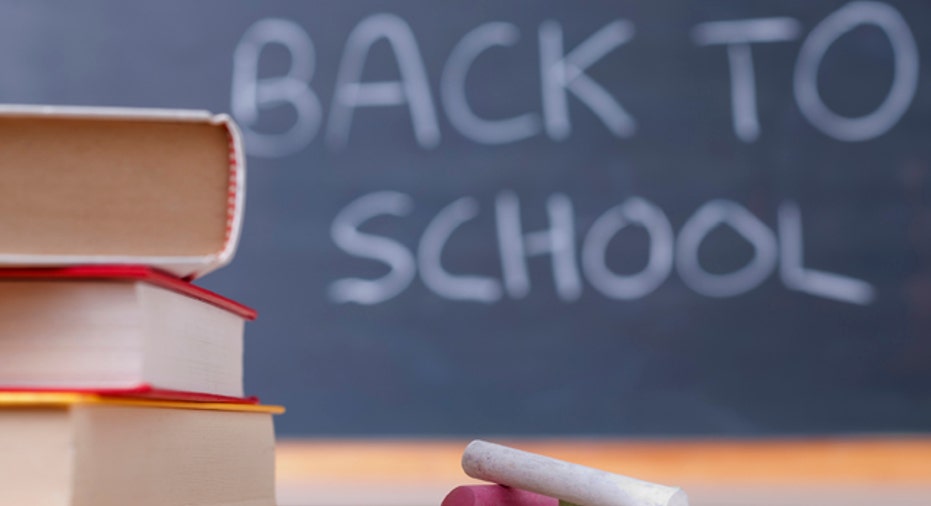Posses Dramatically Boost Low-Income Student Graduation Rates

It’s a sad fact, but low-income students who attend public schools in major cities tend to have limited opportunities for higher education.
They have lower test scores, which are a huge factor in college admissions, depressing their college acceptance rates. But a new program called the Posse Foundation is changing the way colleges treat students–one posse at a time.
Not only is the foundation exposing the bias in college admissions; it’s also revolutionizing the experience these students have in school and turning previous graduation rates upside down. A full 90% of Posse students, those who wouldn’t have even qualified for admission based on their test scores, graduate college.
How the Posse Foundation Works
As The New York Times tells it, founder Deborah Bial was working with after-school programs in New York City when she ran into a former student who had won a scholarship to a prestigious college, but was instead back home in the Bronx. He told her that he would have stayed in school had he had his posse with him, and she had an idea: Create an independent posse for kids with potential, then send them to college together. Having a group of friends at school with a similar background to support and encourage them would be the key to their success.
Today, the Posse Foundation selects about 600 promising kids throughout eight different cities every year and gives them training in important college skills, such as advanced writing, but also social skills, such as communicating with people from different backgrounds.
The program then sends the kids, in small groups of about ten students, to one of the 40 colleges who participate in the program such as Vanderbilt, Bryn Mawr and Middlebury. For the Posse students, the schools relax their admission standards, and the students thrive (graduates now work at the United States embassy in Egypt, MTV, AmeriCorps, the Peace Corps and more).
The Key to Success Isn’t a 2400
In fact, the program is so highly regarded that President Obama even donated a portion of his Nobel Peace Prize money to the organization. When it releases a list of kids who were Posse finalists (the participants are chosen through a series of exercises looking for leadership qualities), participating schools can approach the runners-up … and everyone on the list is approached by at least three separate institutions.
These students wouldn’t qualify for admission otherwise, based on their standardized test scores. But the Posse system is challenging the weight college admissions currently give to the numbers. It’s also making good on the stereotype threat: that is, when people are conditioned to think their circumstances make them less capable, they behave as such. The Posse students are hand-picked and expected to succeed, which may be a stronger influence on their fate than anything else.
For us, the Posse System program ticks all of the inspiring boxes: It’s challenging conventional wisdom about who will succeed in higher education, providing an amazing opportunity for kids who might not have had access to it otherwise and making college a more diverse, interesting experience for everyone.
Awesome.



















